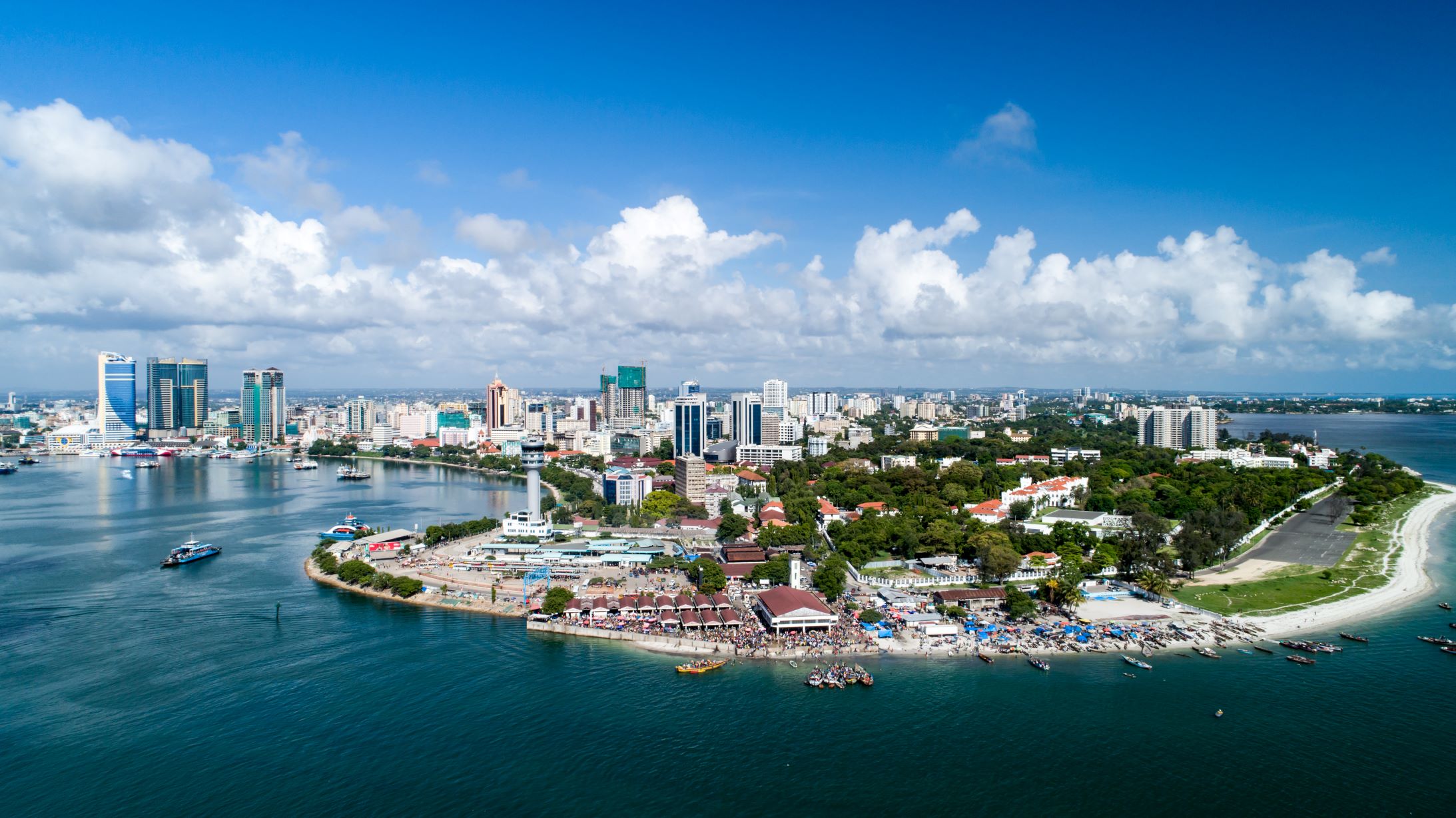Artificial intelligence (AI) has emerged as a driving force behind the fourth industrial revolution, poised to transform sectors and industries worldwide while fostering inclusive growth and economic development. By applying machine learning to complex problems, AI has garnered significant interest and investment, with projections indicating a staggering USD 15.7 trillion contribution to global GDP by 2030, according to a PwC study. Out of this, USD 6.6 trillion is expected to come from increased productivity, while USD 9.1 trillion will be attributed to consumption effects.
Capitalising Opportunities in AI for Africa
Having missed previous industrial revolutions, Africa is positioned to significantly contribute to the fourth revolution. The continent and the Middle East are projected to experience the fastest growth in AI spending globally, reaching USD 3 billion by 2023 and an estimated USD 6.4 billion by 2026. Africa’s digital transformation presents immense opportunities for key economic sectors such as healthcare, agriculture, education, banking, transportation, and logistics.
Implementing AI can support Africa in achieving its Sustainable Development Goals (SDGs) and address challenges associated with slow economic growth and development. However, it is crucial to establish progressive policies and regulations that sustain and guide the rapid development of AI while averting potential threats to employment and job creation. This concern has gained attention recently.
There are great opportunities in technology, especially in AI, where both the private and public sectors can come together to formulate solutions, most notably for struggling industries such as manufacturing and agriculture. For agriculture, we have already seen steps being made to identify crop disease early, among other benefits that could help enhance food security by promoting sustainable farming practices. In Ghana, efforts led by the German development organisation GIZ have assisted farmers by collecting data from crops like cashew trees, crucial for a region responsible for half of the world’s cashew nut production. – Foued Bourabiat, ADNA, (ALN firm in Algeria, Côte d’Ivoire, Guinea and Morocco)
Impact of AI and Data on Africa’s Economic Development
AI has also made a positive impact on healthcare in Africa. During the COVID-19 pandemic, collaborations between Vodafone Ghana and the Global Partnership for Sustainable Development Data yielded crucial insights into the effectiveness of lockdown measures, guiding decision-making. Recognising the significance of AI, the Academic City University College in Accra became the first higher education institution in Africa to offer a degree in artificial intelligence, driving research, development, and job creation across various industries.
Africa’s digital transformation continues to evolve with various enabling technologies, for instance, cybersecurity, cloud computing, blockchain, 3D printing, biotech, energy storage, and AI, as the next frontier. The continent needs more funding and technical assistance to exploit AI’s limitless prospects. However, some nations, like Ghana, have already started to make progress in agriculture, healthcare, and education. – Chanda Musonda, Partner, Musa Dudhia & Co. (ALN firm in Zambia)
Challenges to Overcome in the Adoption of AI in Africa
Africa faces challenges that must be addressed to unlock AI’s potential as a major engine for economic growth. These challenges include improving basic and digital infrastructure, establishing adaptable regulatory structures, fostering technical expertise, and increasing investments in research and development. Overcoming data-related obstacles, including policies and regulations governing data use, is critical for Africa and the world.
Like most technologies, there are groundbreaking advantages and long-term negative effects. With regard to AI and similar technologies, Goldman Sachs forecasted in 2023 that 300 million jobs might be lost or diminished due to the technology’s rapid development. The workers will need to be retrained and upskilled to avoid this catastrophe in the future. – Oluwatosin Iyayi, Partner, Aluko & Oyebode (ALN firm in Nigeria)
Data and AI: Key to Africa’s Sustainable Development Goals
Data plays a vital role in achieving sustainable development goals. Currently, fewer than half of all countries have data to report on eight out of the 17 SDGs. African countries must make significant efforts in collecting, storing, utilising, and creating data banks to enable efficient AI utilisation. Analysing large data sets allows the private and public sectors to predict future states and make informed decisions.
AI Playing a Greater Role in Africa’s Sustainable Economic Growth
As AI increasingly contributes to Africa’s sustainable economic growth, collaborative efforts among African countries and regions are vital. While limitations may exist regarding sharing specific categories of data, efficient laws and policies can streamline these challenges.
Moreover, raising awareness and understanding of these technologies, including their drawbacks, is essential for Africans to develop effective solutions and find quick turnarounds. Initiatives and collaborations to promote responsible and inclusive deployment of AI and associated technologies are already gaining momentum across Africa, positively impacting long-term economic development.
By capitalising on AI’s potential, Africa can position itself as a global leader in the fourth industrial revolution, driving sustainable economic growth and realising its development aspirations.
Sources
PwC | The Guardian | Brookings Institute | Lexology
_______________
The content of this alert is intended to be of general use only and should not be relied upon without seeking specific legal advice on any matter.


